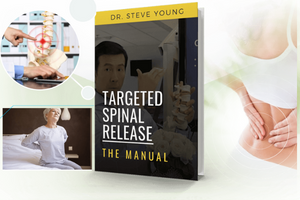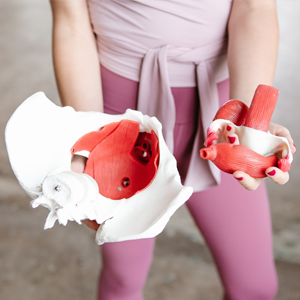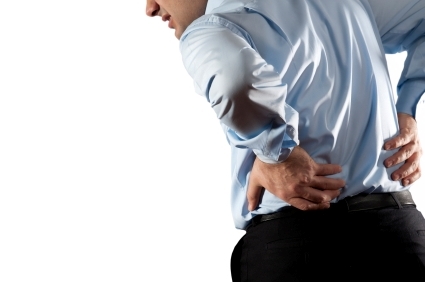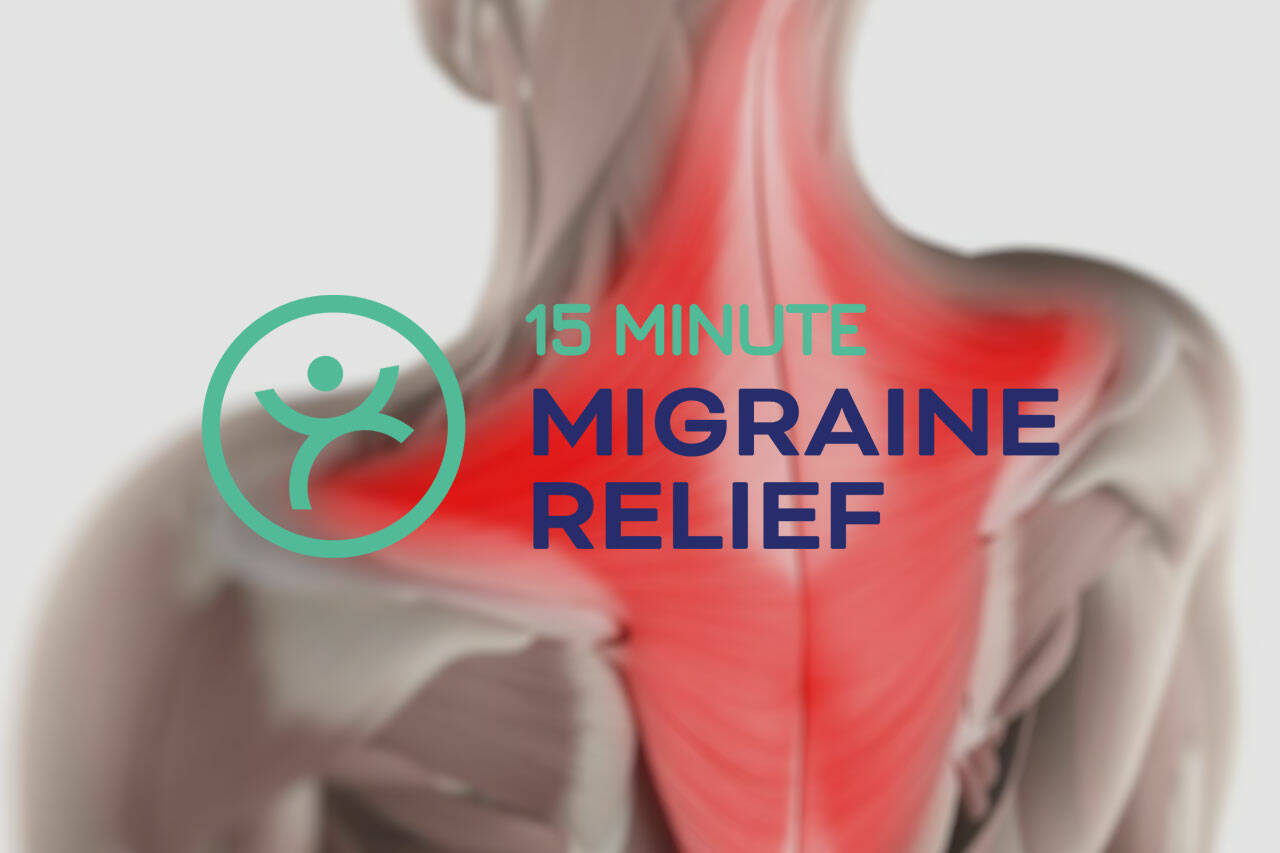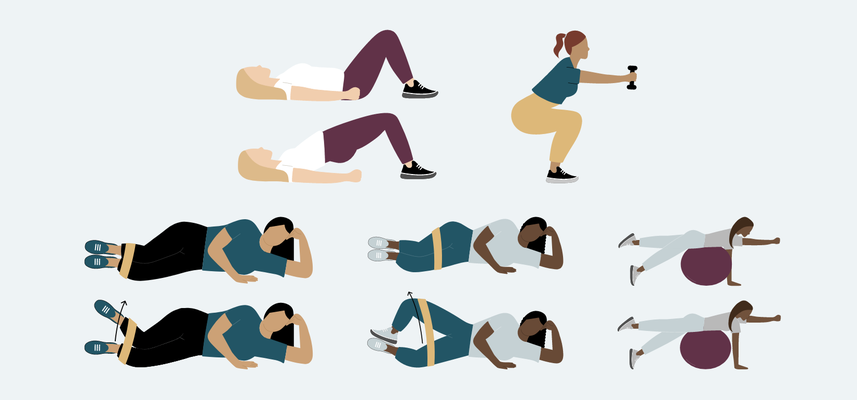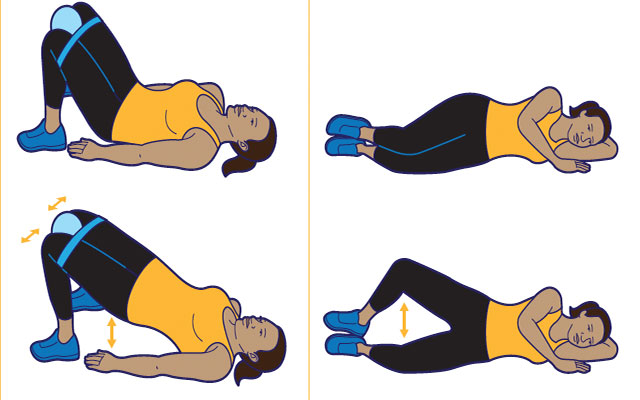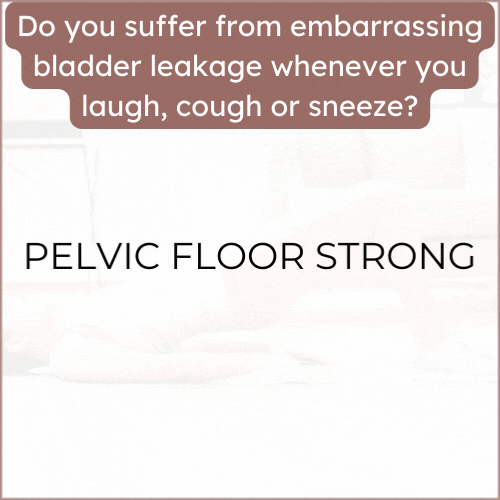Bladder control: Lifestyle Strategies Ease Problems
If you're experiencing bladder control issues or urinary incontinence, there are several lifestyle strategies you can incorporate to help ease the problem. While these strategies may not completely eliminate the issue, they can significantly improve bladder control and overall quality of life. Here are some tips:
- Maintain a healthy weight: Excess weight can put additional pressure on the bladder and pelvic floor muscles, leading to urinary incontinence. Aim to maintain a healthy weight through a balanced diet and regular exercise.
- Stay hydrated: It may seem counterintuitive, but drinking enough water is important for bladder health. Dehydration can lead to concentrated urine, which can irritate the bladder and worsen incontinence. Drink an adequate amount of water throughout the day, but be mindful of reducing fluid intake before bedtime if nighttime incontinence is a concern.
- Practice timed voiding: Establish a regular schedule for emptying your bladder, even if you don't feel an urgent need to urinate. Gradually increase the time intervals between voiding to train your bladder to hold urine for longer periods. This technique can help improve bladder control over time.
- Avoid bladder irritants: Certain foods and beverages can irritate the bladder and contribute to urinary incontinence. Common bladder irritants include caffeine, alcohol, carbonated drinks, spicy foods, acidic fruits, and artificial sweeteners. Limit or avoid these items and monitor how they affect your symptoms.
- Pelvic floor exercises: As mentioned earlier, Kegel exercises can strengthen the pelvic floor muscles, which play a crucial role in bladder control. Regularly performing these exercises can help improve muscle tone and reduce urinary incontinence. Follow the "how-to" guide for Kegel exercises provided earlier in this conversation.
- Manage constipation: Straining during bowel movements can put pressure on the bladder and pelvic floor muscles, contributing to urinary incontinence. Maintain a diet high in fiber, stay physically active, and establish healthy bowel habits to prevent constipation.
- Quit smoking: Smoking can worsen bladder control problems by irritating the bladder and causing coughing, which puts extra stress on the pelvic floor muscles. If you smoke, consider quitting to improve your bladder health and overall well-being.
- Wear absorbent pads or protective garments: In cases where you may experience occasional leakage, using absorbent pads or protective garments can provide a sense of security and help manage any accidents that may occur.
It's important to consult with a healthcare professional, such as a urologist or gynecologist, to discuss your specific bladder control issues. They can provide a proper diagnosis, offer tailored advice, and recommend additional treatment options if necessary.












